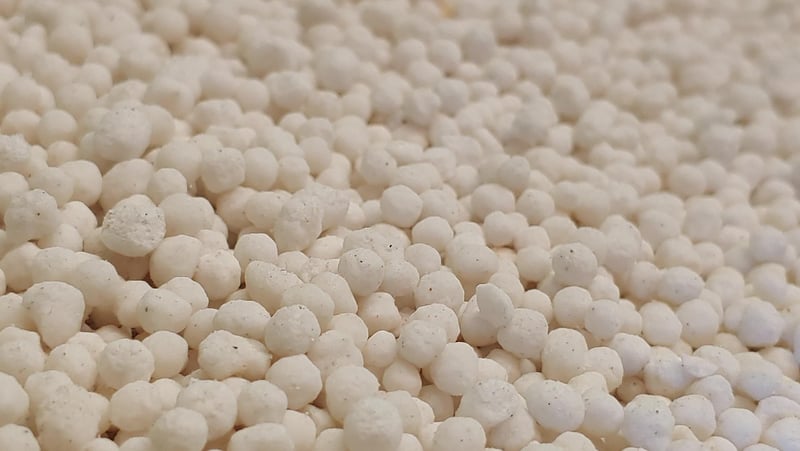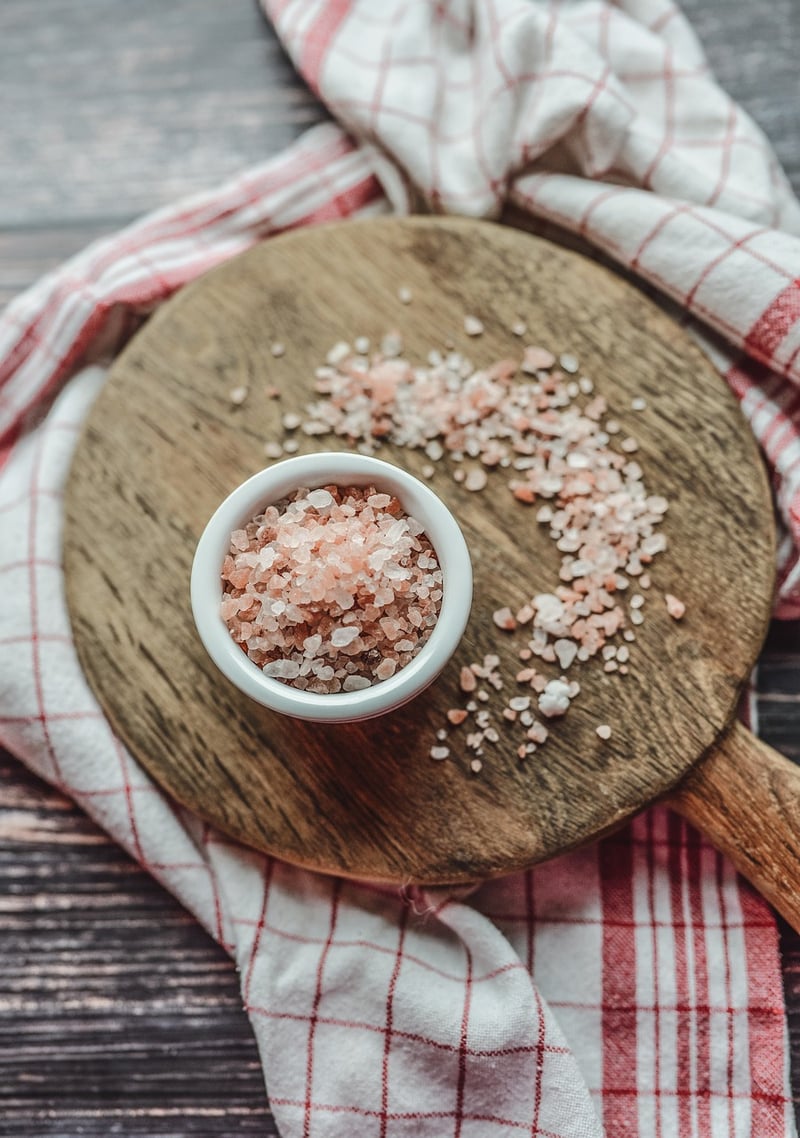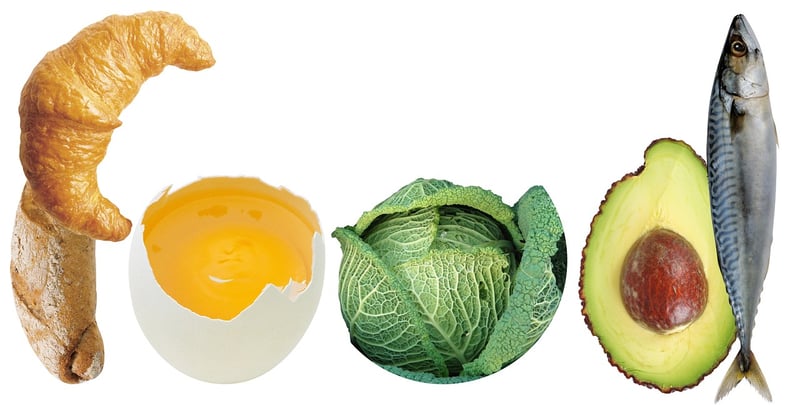Nutrient Deficiency
Identifying and Addressing Common Plant Nutrient Deficiencies
Plants, like any living organism, require essential nutrients to thrive. However, sometimes they may suffer from nutrient deficiencies, leading to stunted growth, yellowing leaves, and poor flowering. In this article, we will explore common nutrient deficiencies in plants and how to address them effectively.
1. Nitrogen Deficiency
Nitrogen is crucial for plant growth and is responsible for leafy, green foliage. Symptoms of nitrogen deficiency include pale leaves, slow growth, and overall poor vigor. To address this issue, consider using a nitrogen-rich fertilizer or organic compost to boost nitrogen levels in the soil.

2. Phosphorus Deficiency
Phosphorus is essential for root development, flowering, and fruiting in plants. Plants lacking phosphorus may have dark green or purple leaves, weak stems, and delayed maturity. To combat phosphorus deficiency, apply a phosphorus-rich fertilizer or bone meal to the soil.

3. Potassium Deficiency
Potassium plays a vital role in overall plant health, including disease resistance and water uptake. Symptoms of potassium deficiency include brown leaf tips, weak stems, and poor fruit quality. To rectify this deficiency, use a potassium-rich fertilizer or potassium sulfate.

4. Iron Deficiency
Iron is necessary for chlorophyll production and photosynthesis in plants. Plants with iron deficiency exhibit yellowing between leaf veins, known as chlorosis. Treat iron deficiency by applying chelated iron foliar sprays or iron sulfate to the soil.

5. Magnesium Deficiency
Magnesium is essential for enzyme activation and photosynthesis in plants. Symptoms of magnesium deficiency include yellowing between leaf veins, similar to iron deficiency. Correct this issue by using magnesium sulfate or Epsom salts as a soil amendment.

By understanding these common plant nutrient deficiencies and their symptoms, you can take proactive measures to ensure your plants receive the necessary nutrients for healthy growth and development.
Remember, it's essential to diagnose the specific deficiency accurately before applying any treatments to prevent further damage to your plants. Consult with a local garden center or agricultural extension office for professional advice if needed.
